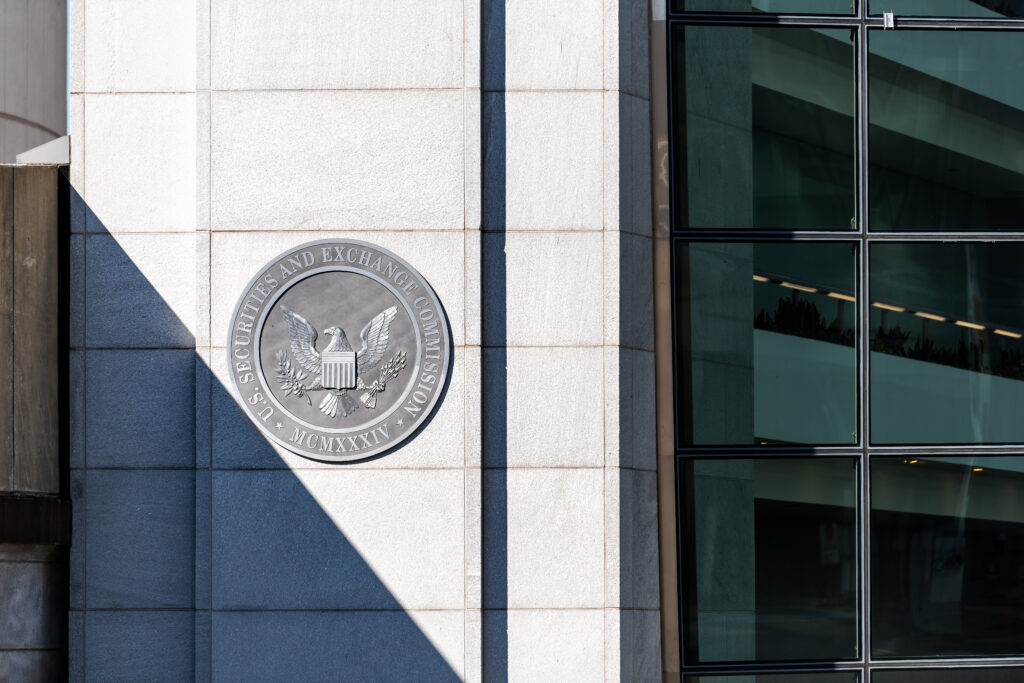Anti-Money Laundering Requirements for Registered Investment Advisers

Investment advisers have been anticipating the adoption of anti-money laundering (AML) requirements, already applicable to broker-dealers, banks and other financial institutions since May 2023, when the Financial Crimes Enforcement Network (FinCEN) first proposed AML requirements be applied to investment advisers.
After more than two decades, AML requirements for investment advisers have finally been adopted.
Final Rule Adoption
On August 28, 2024, FinCEN issued a final rule requiring certain investment advisers registered with the Securities and Exchange Commission (SEC) and exempt reporting advisers to adopt and implement an Anti-Money Laundering (AML) program and comply with Countering the Financing of Terrorism (CFT) obligations.
The final rule that was issued adds the term, “investment adviser”, to the definition of “financial institution” under the regulations that implement the Bank Secrecy Act (BSA), which authorizes the Department of the Treasury to impose reporting and other requirements on financial institutions and other businesses to help detect and prevent money laundering.
The BSA-defined term, “investment adviser”, now includes (a) SEC-registered investment advisers (RIAs), and (b) exempt reporting advisers (ERAs).
Will the new AML requirements apply to your business?
Most SEC-registered investment advisers and all exempt reporting advisers will be required to comply with AML/CFT obligations. Certain advisory firms, however, are excluded from the requirements of the rule. These include:
- Firms that qualify for SEC registration because they are a mid-sized advisory firm, a multi-state adviser, or a pension consultant
- Those with $0 reportable assets under management
- State-registered investment advisers
- Foreign private fund advisers
- Family offices
Firms that will be subject to the final rule may exclude from the rule’s requirements the following types of clients:
- Mutual funds
- Bank- and trust company-sponsored collective investment funds
- Any other investment adviser subject to the rule
In addition, foreign-located investment advisers will only be required to apply the requirements of the rule to their U.S.-based advisory activities, advisory activities provided to U.S.-based persons, and advisory activities provided to a foreign-located private fund that has U.S.-based investors.
When Do the Rule’s Requirements Go into Effect?
The compliance date for RIAs subject to the rule’s requirements and for ERAs is January 1, 2026. While there is time for full compliance with the newly adopted requirements, as a best practice, investment advisers should consider adopting anti-money laundering practices now to protect their investors and clients and to practice full compliance with the rule’s requirements in advance of the compliance date.
What are the Requirements of the Final Rule?
Firms subject to the rule will be required to[1]:
- Implement a risk-based and reasonably designed AML/CFT program;
- Establish, document, and maintain written Customer Identification Programs (CIPs) appropriate for the firm’s size and business;
- Ensure independent testing of the adopted program;
- Designate a person or persons within the adviser’s organizational structure who shall be responsible for implementation and monitoring of the firm’s AML/CFT program;
- File certain reports, including Suspicious Activity Reports (SARs) and Currency Transaction Reports (CTRs);
- Adhere to the BSA Recordkeeping and Travel Rule;
- Maintain transactional records including those relating to the transmittal of funds;
- Perform initial and ongoing customer due diligence and inquire as to the customer’s source of wealth;
- Conduct employee training;
- Fulfill other obligations required under the BSA and FinCEN regulations, including complying with special information sharing provisions under the USA PATRIOT Act.
In the final rule release, FinCEN reiterates that the AML/CFT program requirement is not a one-size-fits-all requirement but is risk-based and must be reasonably designed. The risk-based and reasonably designed approach of the rule is intended to give investment advisers the flexibility to design their programs so that they are commensurate with the specific risks of the advisory services they provide and the customers they advise.
Start planning your firms’ compliance with AML/CFT requirements now to practice compliance before the rule is in effect. Contact STP to learn how we can design a risk-based AML program tailored to your firm’s business.
[1] This is not an exhaustive list. A noted in the rule’s release, applicability of the requirements of the rule will vary based on each investment adviser’s own business.




